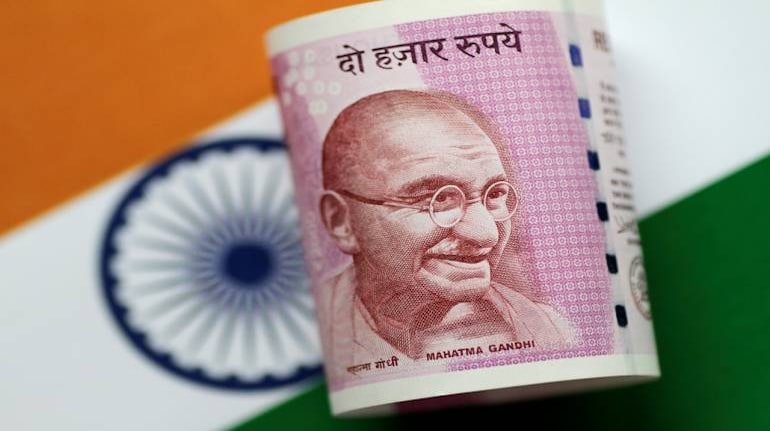



The Union Cabinet, on July 28, cleared the Deposit Insurance and Credit Guarantee Corporation Bill, Finance Minister Nirmala Sitharaman said.
But did you know that only half of the deposit money lying in banks are insured? According to the Reserve Bank of India’s (RBI’s) annual report 2020-21, the number of fully secured bank accounts under Deposit Insurance and Credit Guarantee Corporation (DICGC) as of March 2021 is 247.8 crore. This is about 98.1 percent of the total 252.6 crore bank accounts in India. While the coverage seems high proportionally, when the actual amounts involved are taken into consideration, the figures are very different.
The total insured deposits under the DICGC scheme stood at Rs 76.21 trillion as of March 2021 which constituted just 50.9 percent of assessable deposits of Rs 149.68 trillion. Therefore, nearly half (49.1 percent) of the amount deposited in banks is not under the purview of deposit insurance. It raises concerns of uncovered deposits.
Why are half the deposits not covered by DICGC?According to RBI, DICGC cover is available for all banks. They have to register for this facility and pay the premium to safeguard deposits. As per RBI’s annual report for 2020-21, almost half the deposits are uninsured. “In case some of the banks do not pay the premium to DICGC, there should be a penalty on those banks,” says Joydeep Sen, Corporate Trainer-Debt. The RBI should look into safeguarding depositors’ savings as a priority.
“The other reason for which banks have not registered for the deposit insurance cover could be the deposited amount in a particular bank account is more than Rs 5 lakh,” says a retail banker requesting anonymity. For instance, if you have Rs 20 lakh deposited in an account (including savings and fixed deposits), then the maximum insurance deposit cover is Rs 5 lakh and the remaining Rs 15 lakh will not have the deposit insurance cover.
Also read: Not all account holders gain from a higher deposit cover
How many banks have registered with DICGC?The total number of banks registered with DICGC as of March 2021 is 2058. The list consists of 139 commercial banks, including public and private banks, regional rural banks, local area banks, payment banks and small finance banks. Apart from these, 1,919 co-operative banks are included.
Sen says, “It is likely that some co-operative or local area banks are not registered with DICGC.” He suggests tracking and verifying every year whether the co-operative bank in which you have a deposit is paying the annual premium for deposit insurance. You can track whether your bank has insured your deposits under the DICGC scheme, online.
In the last couple of years, we have seen the likes of Punjab & Maharashtra Cooperative (PMC) Bank, Lakshmi Vilas Bank (LVB), Yes Bank, etc. go bust and face restrictions on withdrawals.
In budget 2021, it was announced that depositors can get immediate access to their deposits (fixed deposits, current accounts and savings) up to the deposit insurance limit (Rs 5 lakh) in case restrictions are imposed by the RBI due to stressed financials.
Earlier, depositors could access the DICGC cover amount only if the bank went into liquidation. The depositors had to wait endlessly for the RBI to decide if the bank needs to go for liquidation or not.
Ways to safeguard your deposits of beyond Rs 5 lakhAccording to DICGC guidelines, if you have deposits with several banks, then the deposit insurance coverage limit of Rs 5 lakh is applied to the deposits in each bank. So, deposit your savings in different banks to enhance the safety net with the deposit insurance benefit.
But, do not over-diversify with multiple bank accounts or deposits, as it will become difficult to keep track of those.
Alternatively,you can keep the funds in different types of ownership with the same bank, such that the deposits up to Rs 5 lakh are separately insured under DICGC. For instance, holding a separate account as a guardian of a minor, parter of a firm or director of the company, etc.
Discover the latest Business News, Sensex, and Nifty updates. Obtain Personal Finance insights, tax queries, and expert opinions on Moneycontrol or download the Moneycontrol App to stay updated!
Find the best of Al News in one place, specially curated for you every weekend.
Stay on top of the latest tech trends and biggest startup news.